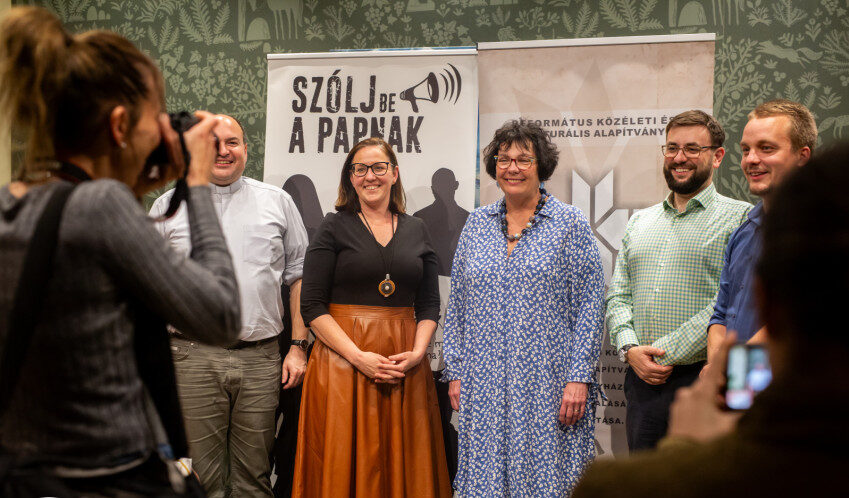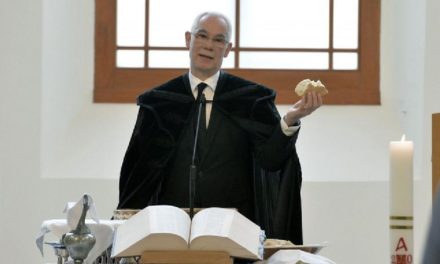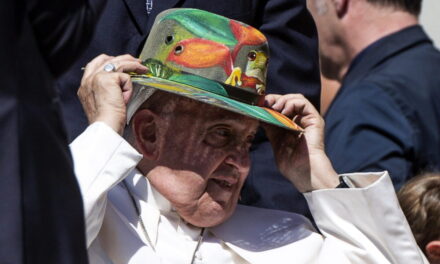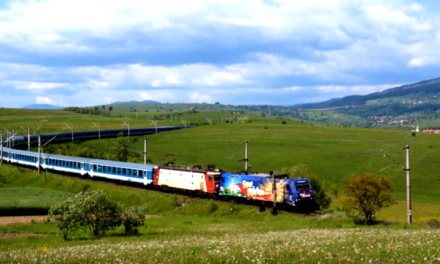Can church schools show that life is more rounded by following Jesus?
"Tell the priest!" the participants of the last round table discussion of the debate series examined the present situation of church schools. On April 8, at the Scruton in Budapest, they interviewed interviewees who are involved in the everyday life of public education and, as university instructors, also have an insight into teacher training.
The April theme of "Tell the priest" attracted a large number of listeners.
The age group was diverse, from students and university students to teachers who have been active in public education for decades to principals, many were interested in the conversation. All four participants of the forum are present in public education, so they were able to inspire each other in the discussion. András Csűrös, pastor of the Reformed church and the Reformed kindergarten in Győrő, and teaches at the Faculty of Pedagogy of the Károli Gáspár Reformed University.
László Monostori, parish priest of St. Margaret's Church in Árpád-háza in Budapest-Újlipótváros, spiritual director of Kolping Catholic Primary School, High School and Sports High School, Mária Pethő-Szűcs, school chaplain of Sándor Petőfi Evangelical Kindergarten and Primary School in Kiskőrös, and Rita Rubovszky at the age of 12 was the director general of the Patrona Hungariae School Center, currently the head of the Cistercian High School Authority and a guest lecturer at the Pázmány Péter Catholic University Institute of Pedagogy.
The conversation progressed from general questions to essential questions concerning the daily life, role, and difficulties of church schools. What makes a church school attractive, when does it fulfill its task? From the answers of the interlocutors, the picture emerged that
the church school fulfills its mission when it consciously assumes its mission, knows the world in which it lives, and is able to create an honest, open atmosphere in which everyone is confronted with the basic questions of "I believe, what and why I believe".
As a start, we had to find an answer to what makes an institution considered church. The interlocutors agreed that, even without formal things and appearances, it should be possible to perceive "the basis of our life, our relationship with each other", said Mária Pethő-Szűcs. Rita Rubovszky drew attention to the fact that while schools define themselves as "safe bastions", they are meant to protect children from the temptations of the world, while - quoting the words of Richard Rohr -
"God is comfortable among those who live on the fringes."
The Christian school must take into account that Jesus did not preach a "security-based life".
The full article can be read on Magyar Kurír!
Featured image: Attila Lambert/Hungarian Kurír













